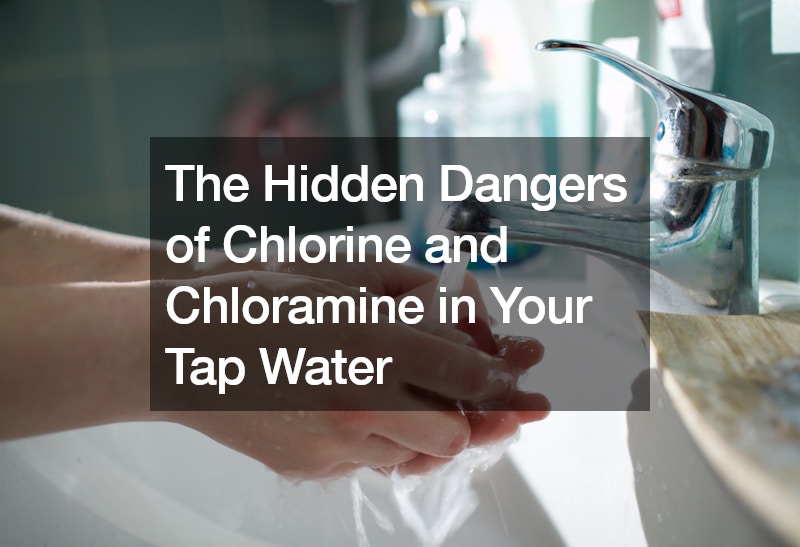

Chlorine is widely used by water treatment facilities to disinfect tap water, ensuring it’s safe for consumption. However, its benefits come with potential health risks, especially through prolonged exposure. Showering in chlorinated water can lead to absorption through the skin, potentially causing respiratory issues and increasing the risk of bladder cancer. Moreover, chlorine has been linked to weakening the immune system, leaving individuals more susceptible to illnesses.
The Rise of Chloramine: Persistence and Health Concerns
To address the limitations of chlorine, many water treatment facilities have adopted chloramine—a compound formed by combining chlorine with ammonia. Chloramine offers longer-lasting disinfection in water supply systems.
However, its persistence poses significant health concerns. Unlike chlorine, chloramine cannot be effectively removed by traditional activated carbon filters. This means that chloramine remains in the water supply, continuously exposing consumers to its potential health risks.
Choosing Effective Filtration: The Role of Catalytic Carbon Filters
For households concerned about chlorine and chloramine in their tap water, investing in high-grade catalytic carbon filters is essential. Unlike standard carbon filters, catalytic carbon filters are specifically designed to effectively remove chloramine, providing comprehensive water filtration solutions. Whether installed under the sink or for the entire household, these filters ensure that both chlorine and chloramine are adequately removed, offering cleaner and safer water for drinking, cooking, and bathing.
Ensuring Safe Water Quality: Taking Proactive Steps
While water treatment facilities adhere to safety standards, individual filtration systems offer additional protection against the unseen risks in tap water. By staying informed about the chemicals used in water treatment and their potential health impacts, individuals can make informed decisions to safeguard their health and well-being. Proactively investing in a quality residential water treatment system tailored to combat chloramine ensures that families can enjoy cleaner water, minimizing exposure to harmful chemicals and promoting better overall health outcomes.
In Closing
Understanding the impact of water treatment chemicals on our health highlights the importance of proactive water quality management. By adopting effective filtration solutions, individuals can mitigate health risks associated with chlorine and chloramine, ensuring access to safe and healthy drinking water for themselves and their families.
.
